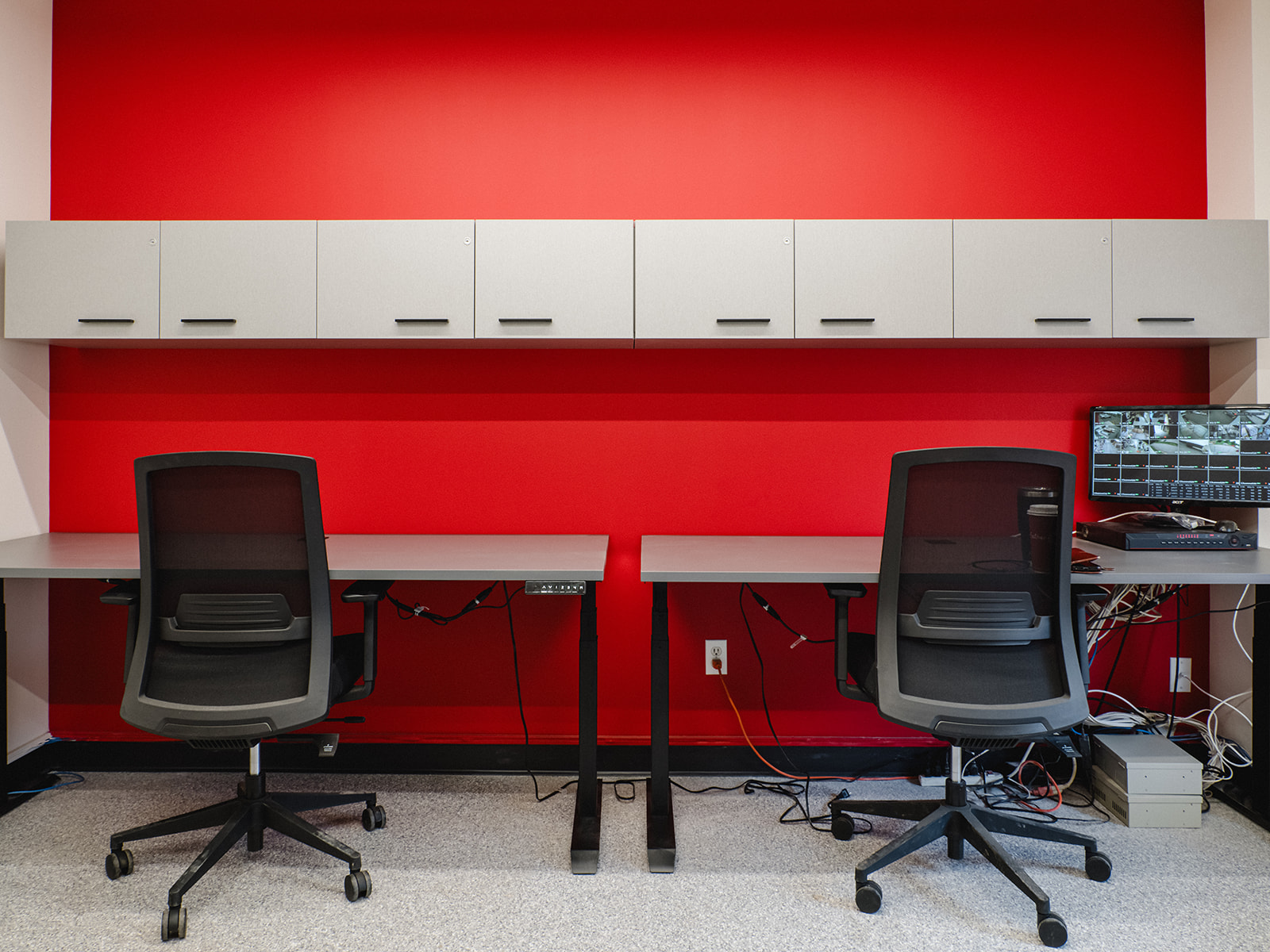Ergonomic office chairs are essential for promoting health and productivity in the workplace. These chairs are designed to support the natural posture of the body, which can lead to significant improvements in comfort and well-being.
Enhanced Comfort
Ergonomic office chairs provide superior comfort throughout long working hours.
With features such as adjustable seat height, lumbar support, and cushioned seating, ergonomic chairs cater to individual preferences. This comfort is essential for employees who spend considerable time seated. Frequent discomfort can lead to distractions and reduced focus on tasks. By providing a comfortable seating option, organizations can enhance job satisfaction and productivity. Ultimately, comfortable employees contribute positively to the overall work environment.
Improved Posture
These chairs promote better posture for enhanced spinal health.
Ergonomic office chairs are designed to encourage users to sit in a way that maintains the natural curve of the spine. Poor posture can lead to long-term health issues, including back pain and other musculoskeletal disorders. By using an ergonomic chair, employees are less likely to slouch or lean forward, which can significantly reduce strain on their back and neck. Moreover, the design often includes adjustable lumbar support, ensuring that users can maintain proper alignment. Improved posture not only contributes to individual health but also to efficiency in the workplace.
Reduced Risk of Injury
Ergonomic chairs help minimize the risk of workplace injuries.
Regular office chairs may lead to repetitive strain injuries, especially with frequent use. Ergonomic designs, however, offer features that reduce physical stress, such as adjustable armrests and seat depth. These adjustments allow users to find a position that is both comfortable and supportive. Consequently, employees experience fewer complaints related to pain or discomfort. By investing in ergonomic seating, companies can lower healthcare costs associated with workplace injuries and create a safer working environment overall.
Increased Productivity
Comfortable seating can lead to higher levels of productivity.
When employees are comfortable and supported, their focus and efficiency tend to improve. Ergonomic chairs eliminate discomfort that can distract from work tasks. The ability to adjust seating positions allows employees to tailor their workspace according to their needs. This personalization can lead to quicker task completion and higher output levels. Ultimately, the investment in ergonomic office chairs correlates directly with enhanced employee performance and productivity.
Long-Term Cost Savings
Investing in ergonomic office chairs can lead to significant long-term savings.
Although these chairs may have a higher initial purchase price, their benefits can translate to cost savings over time. Reductions in employee absenteeism due to discomfort or injury can save businesses substantial amounts annually. Moreover, happier, healthier employees are less likely to seek employment elsewhere, leading to lower turnover rates. Employee retention reduces hiring and training costs associated with new staff. Therefore, ergonomic chairs represent a wise investment for the future.
Better Mental Well-Being
Ergonomic chairs contribute to improved mental health in the workplace.
Physical discomfort can significantly affect an individuals mood and mental state. By reducing discomfort and promoting better posture, ergonomic chairs help create a more pleasant work atmosphere. Employees who feel good physically are more likely to have a positive outlook on their jobs. This positive perspective can enhance team dynamics and collaboration. In this way, investing in ergonomic seating not only supports physical well-being but also fosters a healthier workplace culture.
Customization for Individual Needs
Ergonomic chairs offer customization options to suit various body types.
Every employee is unique, and ergonomic office chairs can often be tailored to accommodate different physical requirements. Features such as adjustable height, tilt, and armrests allow users to create a personalized seating experience. This level of customization ensures that all employees, regardless of their size or shape, can work comfortably. Furthermore, by acknowledging these individual needs, companies demonstrate a commitment to employee welfare. Customizable ergonomic chairs can lead to increased satisfaction and productivity across diverse workforces.
In conclusion, ergonomic office chairs are vital for enhancing comfort, health, and productivity in the workplace. Companies that prioritize ergonomic seating are likely to see benefits that extend both to employees and the organization as a whole.

